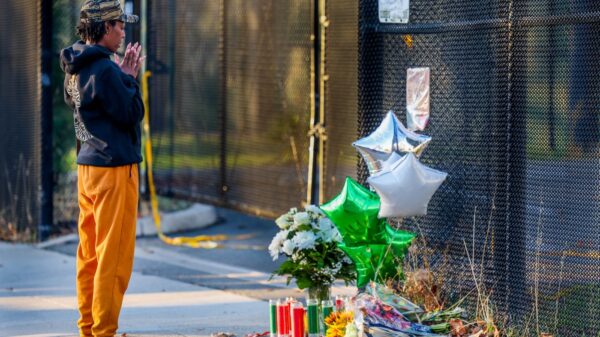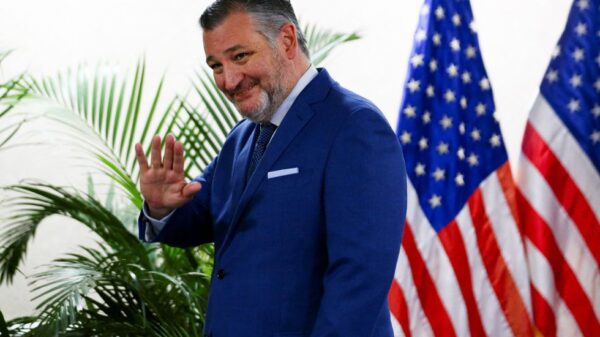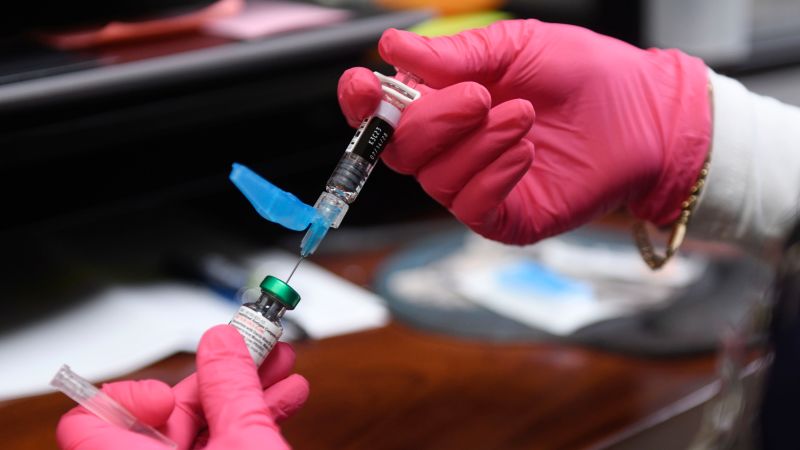Falling childhood vaccine coverage and a significant outbreak in an undervaccinated area of West Texas have led the United States to a concerning milestone: more measles cases have been reported in 2025 than in any year since the disease was declared eliminated a quarter-century ago.
According to the Johns Hopkins University Center for Outbreak Response Innovation, at least 1,277 confirmed cases of measles have been reported in the US this year. This number, reached halfway through the year, already surpasses the previous record set in 2019, when there were 1,274 cases.
Experts warn that the actual number of cases is likely much higher, as many go unreported. Tragically, three people have died from measles this year—two children in Texas and one adult in New Mexico—all of whom were unvaccinated. This matches the total number of US measles deaths from the past two and a half decades.
The Return of a Once-Eliminated Disease
Measles was declared eliminated in the US in 2000, a status achieved through widespread vaccination efforts. The US Centers for Disease Control and Prevention (CDC) hailed this as a “historic public health achievement.” The measles-mumps-rubella (MMR) vaccine, widely available since the 1970s, played a crucial role in this success.
Prior to this year, the US averaged about 180 measles cases annually since the disease was declared eliminated. However, in 2019, large outbreaks in New York, particularly in Orthodox Jewish communities targeted by anti-vaccine disinformation, threatened this status.
Outbreaks and Underlying Causes
This year, Texas has been the epicenter, with over 750 confirmed cases linked to an outbreak that began in late January. If this outbreak continues into next year, the US could lose its measles elimination status. Gaines County, where vaccination rates are alarmingly low, has reported more than 400 cases since the start of the year. Nearly 1 in 4 kindergartners in Gaines County did not have their required MMR vaccine in the 2024-25 school year.
Dozens of cases in New Mexico and Oklahoma have also been traced back to the West Texas outbreak, with potential links to cases in Kansas. In response, special vaccination clinics have been established, and expanded vaccination guidance now allows infants to receive their first shot as early as 6 months old. New Mexico has seen a significant increase in MMR vaccinations compared to last year.
MMR vaccination rates among 6-month-olds in Texas this year are more than eight times higher than in 2019, according to Truveta, a health-care data company.
National and International Implications
Despite efforts to curb the outbreak, measles cases continue to rise across the country, with at least 27 outbreaks reported in 38 states. A recent surge in Colorado was linked to an infectious traveler, leading to multiple cases among airline passengers and broader community spread.
Internationally, measles outbreaks in Canada and Mexico have also turned deadly. Mexico issued a travel warning in April due to high measles rates in the US and Canada. The CDC has advised travelers to ensure they are vaccinated with two doses of the MMR vaccine.
Only about 8% of confirmed US measles cases this year were in vaccinated individuals, according to the CDC. Approximately 28% of cases occurred in children under 5.
Challenges in Vaccination Efforts
The MMR vaccine is highly effective, with one dose being 93% effective against measles and two doses 97% effective. However, the US Department of Health and Human Services aims for at least 95% of kindergartners to receive two doses—a target unmet for four consecutive years.
In the 2023-24 school year, a record number of kindergartners had exemptions for required vaccinations, leaving over 125,000 new schoolchildren without coverage for at least one state-mandated vaccine.
Public Health and Policy Responses
When measles cases peaked in 2019, federal health officials emphasized the importance of vaccination. However, the current administration faces challenges, as the CDC lacks a director and HHS Secretary Robert F. Kennedy Jr. has a controversial history with vaccines. In April, Kennedy endorsed vaccination, but his past actions have fueled skepticism.
“With an ongoing measles outbreak and routine child vaccination rates declining, this move will further fuel the spread of vaccine-preventable illnesses,” said Dr. Bruce A. Scott, president of the American Medical Association.
As the US grapples with this public health crisis, the need for robust vaccination campaigns and clear public health messaging has never been more critical. The coming months will be pivotal in determining whether the US can regain control over measles and maintain its elimination status.




































































